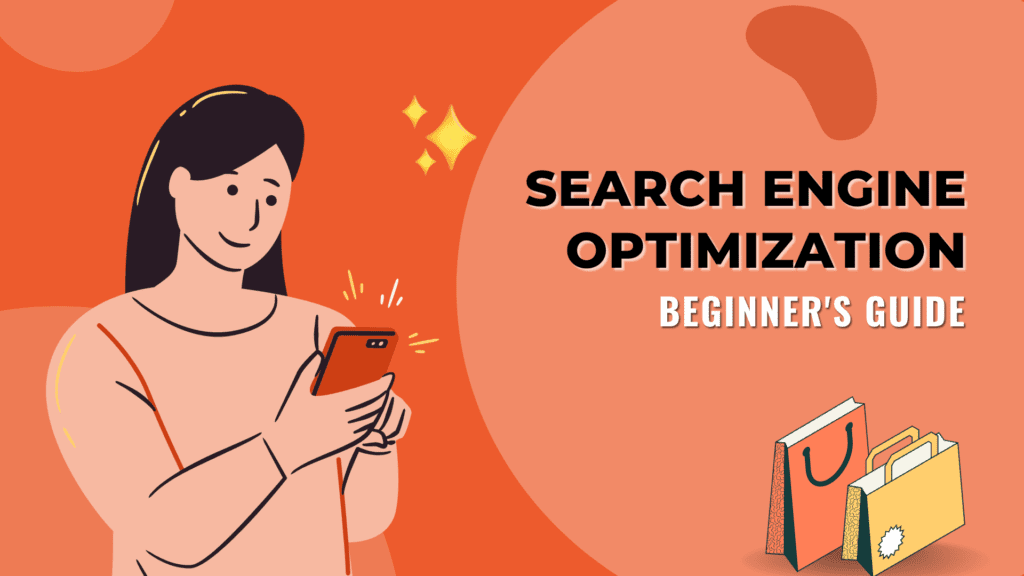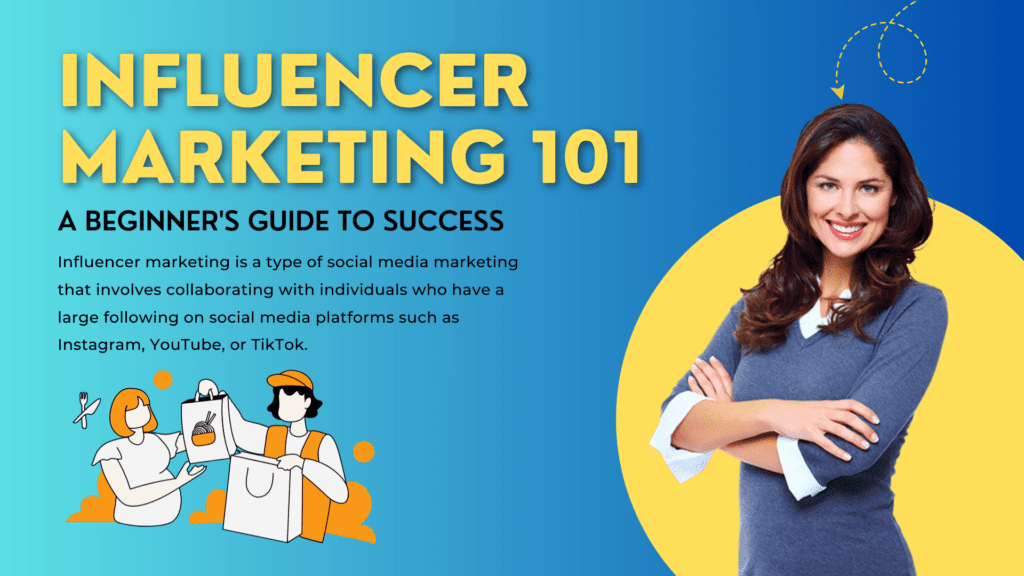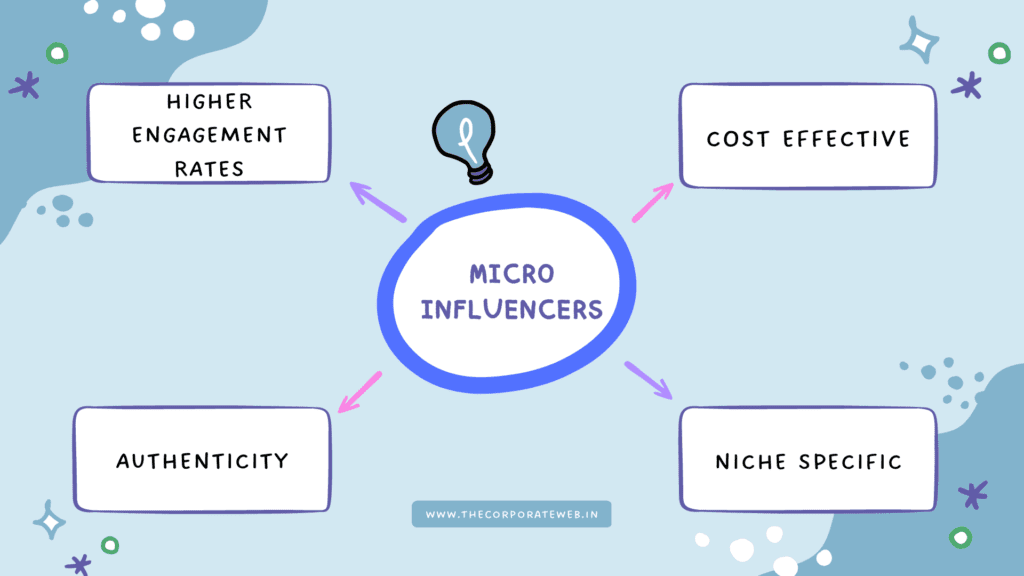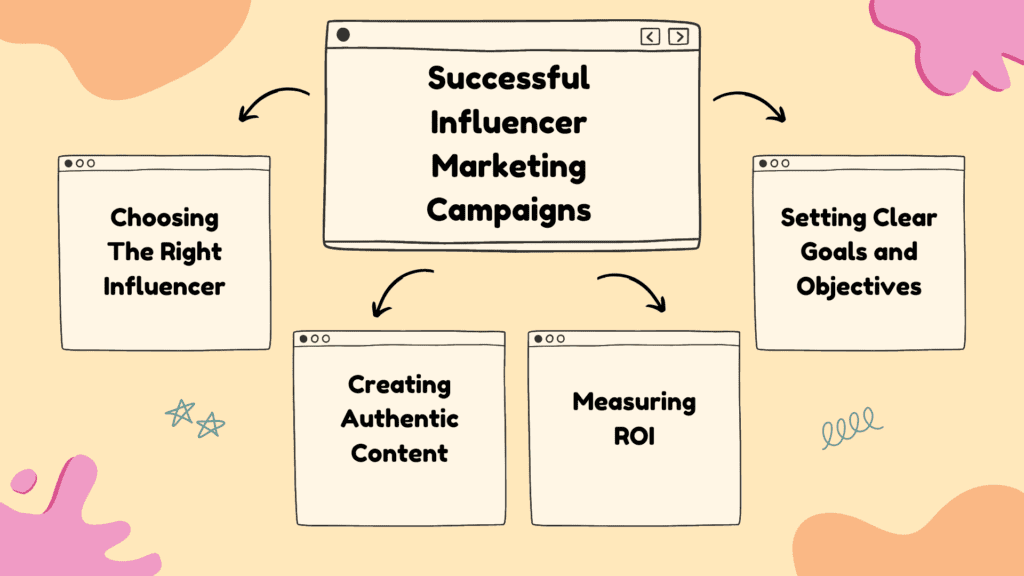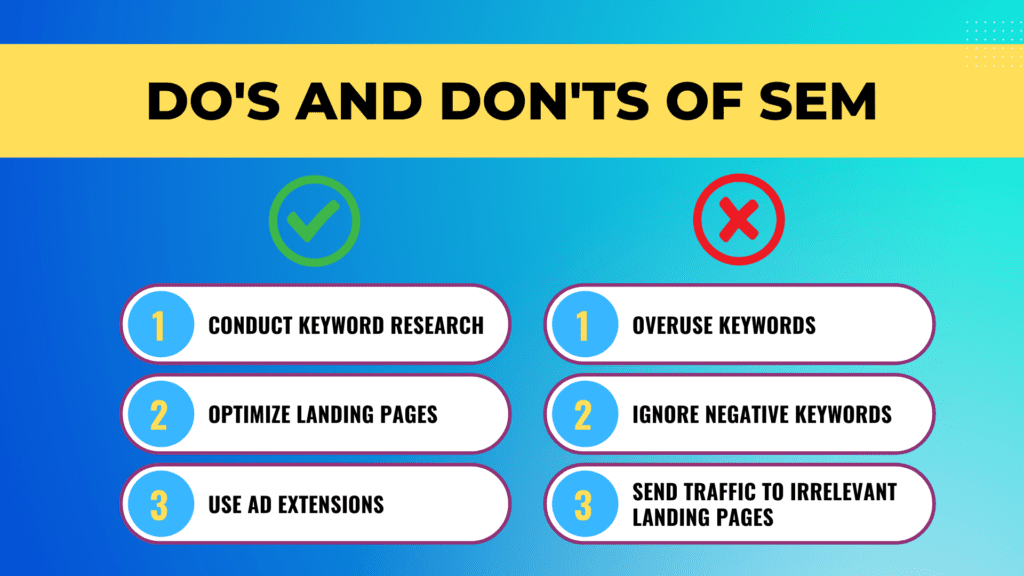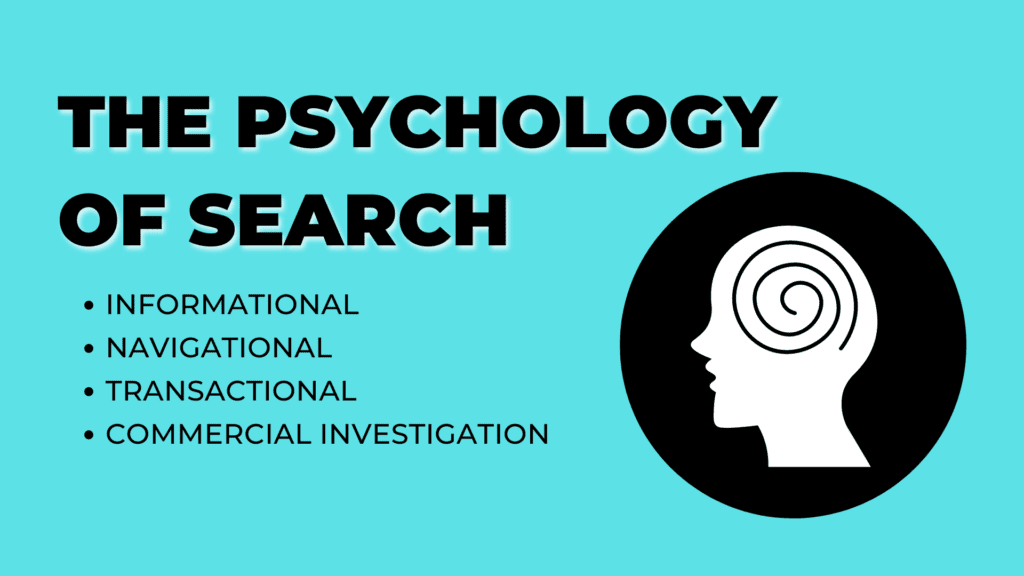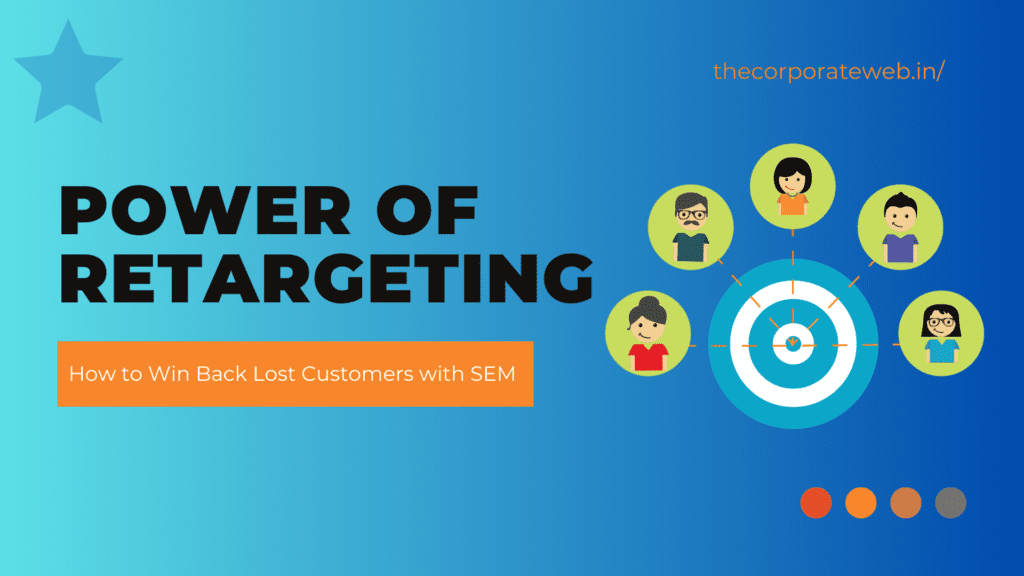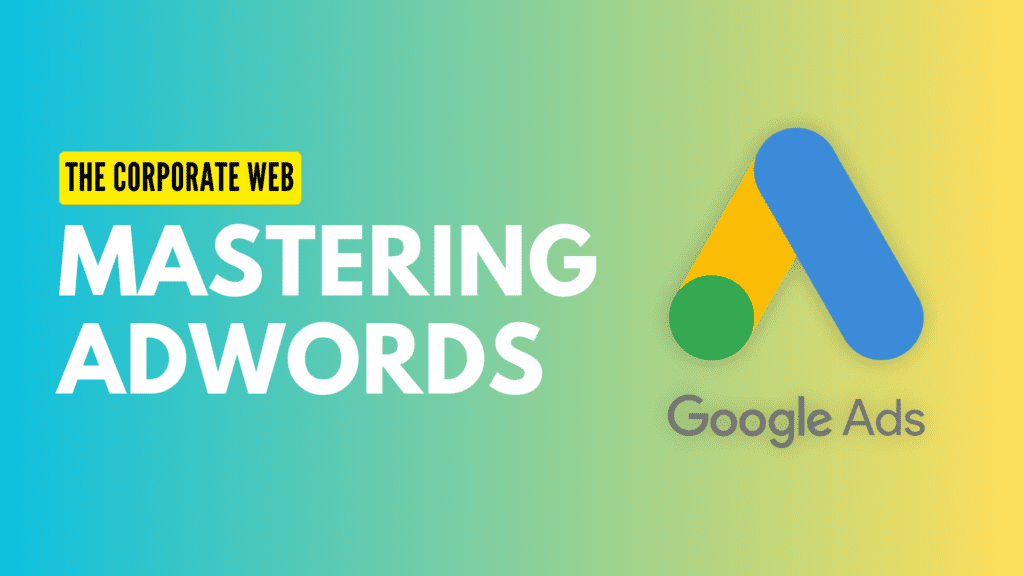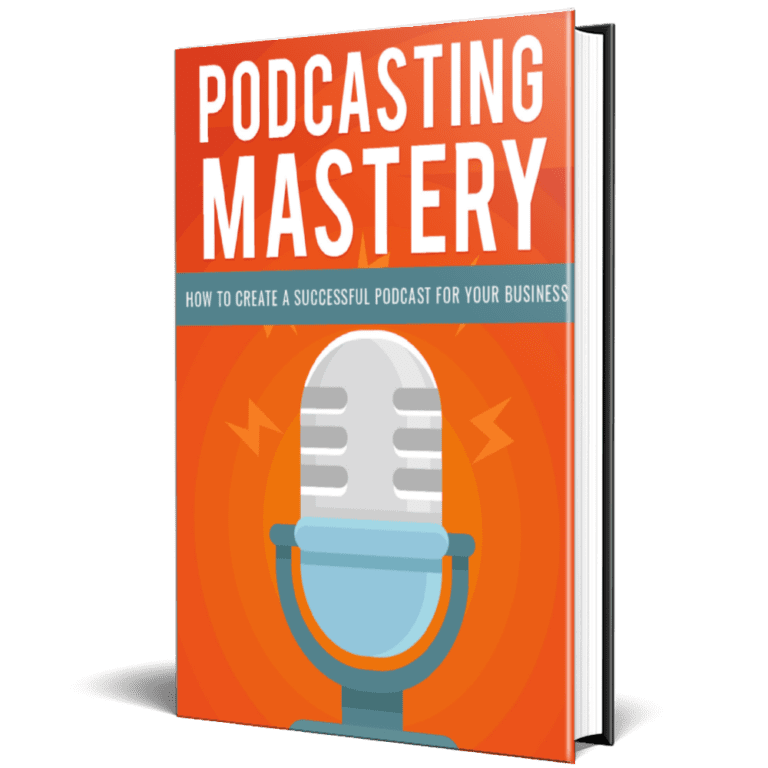In today’s digital world, having a strong online presence is crucial for any business. With millions of websites on the internet, it can be challenging to get noticed. This is where search engine optimization or SEO Strategy comes in.
SEO is the process of optimizing your website to rank higher in search engine results pages (SERPs) and drive organic traffic to your site. In this article, we will cover the basics of SEO, including on-page optimization, off-page optimization, and keyword research.
On-Page Optimization:
On-page optimization refers to the optimization of individual web pages to rank higher and earn more relevant traffic in search engines. Some key on-page optimization factors include:
Title Tag: The title tag is the main headline of your page that appears in search engine results. Make sure it is descriptive and contains your target keyword.
Meta Description: The meta description is a brief description of your page that appears in search engine results. It should be compelling and contain your target keyword.
Heading Tags: Use H1, H2, and H3 tags to structure your content and make it easier for search engines to understand.
Content: Your content should be high-quality, engaging, and relevant to your target audience. Make sure to include your target keyword throughout the content.
URL Structure: Use descriptive and keyword-rich URLs to help search engines understand the content of your page.
Off-Page Optimization:
Off-page optimization refers to the optimization of factors outside of your website that can impact your website’s search engine rankings. Some key off-page optimization factors include:
Backlinks: Backlinks are links from other websites that point to your website. The more high-quality backlinks you have, the higher your website will rank in search engine results.
Social Media: Social media can help you build your brand and drive traffic to your website. Make sure to share your content on social media and engage with your followers.
Local Listings: If you have a physical location, make sure to claim your business listings on Google My Business, Yelp, and other local directories.
Keyword Research:
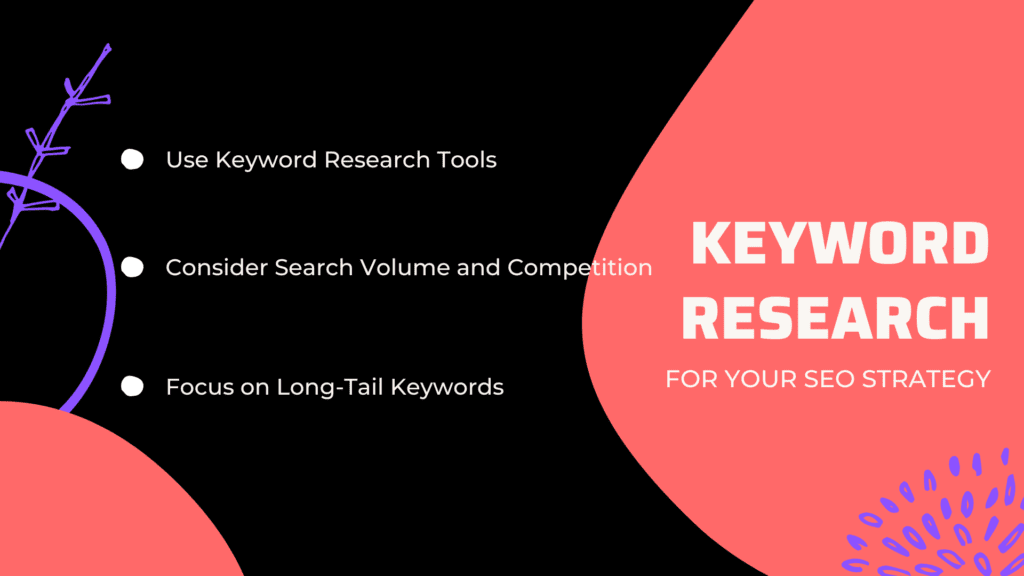
Keyword research is the process of identifying the keywords and phrases that your target audience is searching for. Some key tips for keyword research include:
Use Keyword Research Tools: Use tools like Google Keyword Planner, SEMrush, and Ahrefs to identify relevant keywords and phrases.
Consider Search Volume and Competition: Choose keywords with high search volume and low competition to improve your chances of ranking higher in search engine results.
Focus on Long-Tail Keywords: Long-tail keywords are longer and more specific phrases that are less competitive but can drive more relevant traffic to your website.
Conclusion
SEO can be a complex topic, but it is essential for any business that wants to improve its online presence and drive organic traffic to its website. By focusing on both on-page and off-page optimization, conducting keyword research, and staying up-to-date with the latest SEO trends and best practices, you can improve your website’s search engine rankings and attract more relevant traffic to your site.
Remember that SEO is an ongoing process, and it requires consistent effort and optimization to see results. By regularly analyzing your website’s performance and making adjustments to your SEO strategy, you can continue to improve your search engine rankings and drive more traffic to your site.
So, whether you are a small business owner or a marketing professional, understanding the basics of SEO is essential for success in today’s digital world. By following the tips and best practices outlined in this article, you can take the first steps towards improving your website’s visibility in search engine results and driving more traffic to your site.
Read More: The Ultimate Guide To Search Engine Optimization?
FAQs Related To Search Engine Optimization (SEO)
What is SEO?
SEO stands for Search Engine Optimization, which is the process of optimizing a website to rank higher in search engine results pages and drive organic traffic to the site.
Why is SEO Strategy important for businesses?
SEO strategy is important because it can help businesses increase their online visibility, attract more traffic to their website, and ultimately generate more leads and sales.
What are some key on-page optimization factors?
Some key on-page optimization factors include title tags, meta descriptions, heading tags, content, and URL structure.
What are some key off-page optimization factors?
Some key off-page optimization factors include backlinks, social media, and local listings.
How can I conduct keyword research?
You can conduct keyword research using tools like Google Keyword Planner, SEMrush, and Ahrefs, among others.
How long does it take to see results from SEO Strategy?
SEO is a long-term strategy, and it can take several months to see results. However, with consistent effort and optimization, you can improve your website’s search engine rankings and drive more organic traffic to your site.
Is SEO Strategy only for large businesses?
No, SEO strategy is beneficial for businesses of all sizes. In fact, small businesses can often benefit the most from SEO as it can help them compete with larger businesses in search engine results.
Can I do SEO myself, or do I need to hire an agency?
You can do SEO yourself, but it can be time-consuming and requires ongoing effort and optimization. Hiring an SEO agency can be a more efficient and effective way to improve your website’s search engine rankings.
What are some common mistakes to avoid in SEO Strategy?
Some common mistakes to avoid in SEO strategy include keyword stuffing, using duplicate content, and neglecting mobile optimization.
How can I stay up-to-date with the latest SEO trends and best practices?
You can stay up-to-date with the latest SEO trends and best practices by reading industry blogs and publications, attending conferences and webinars, and following SEO experts on social media.
